
Health Sciences Association of Saskatchewan donates five LUCAS 3.1 chest compression devices to strengthen emergency response across Saskatchewan
Emergency teams and communities across Saskatchewan will soon benefit from enhanced lifesaving technology following the donation of five LUCAS 3.1 mechanical chest compression devices.

The 2025 HSAS Convention is a wrap!
This year’s event took place at the Hotel Saskatchewan in Regina, under the theme “In Union There Is Strength.” Over two days, we heard from inspiring speakers, connected with members, unveiled new swag, hosted our Annual General Meeting, and received valuable updates from the Labour Relations team. It was a fantastic convention filled with learning, collaboration, and community.
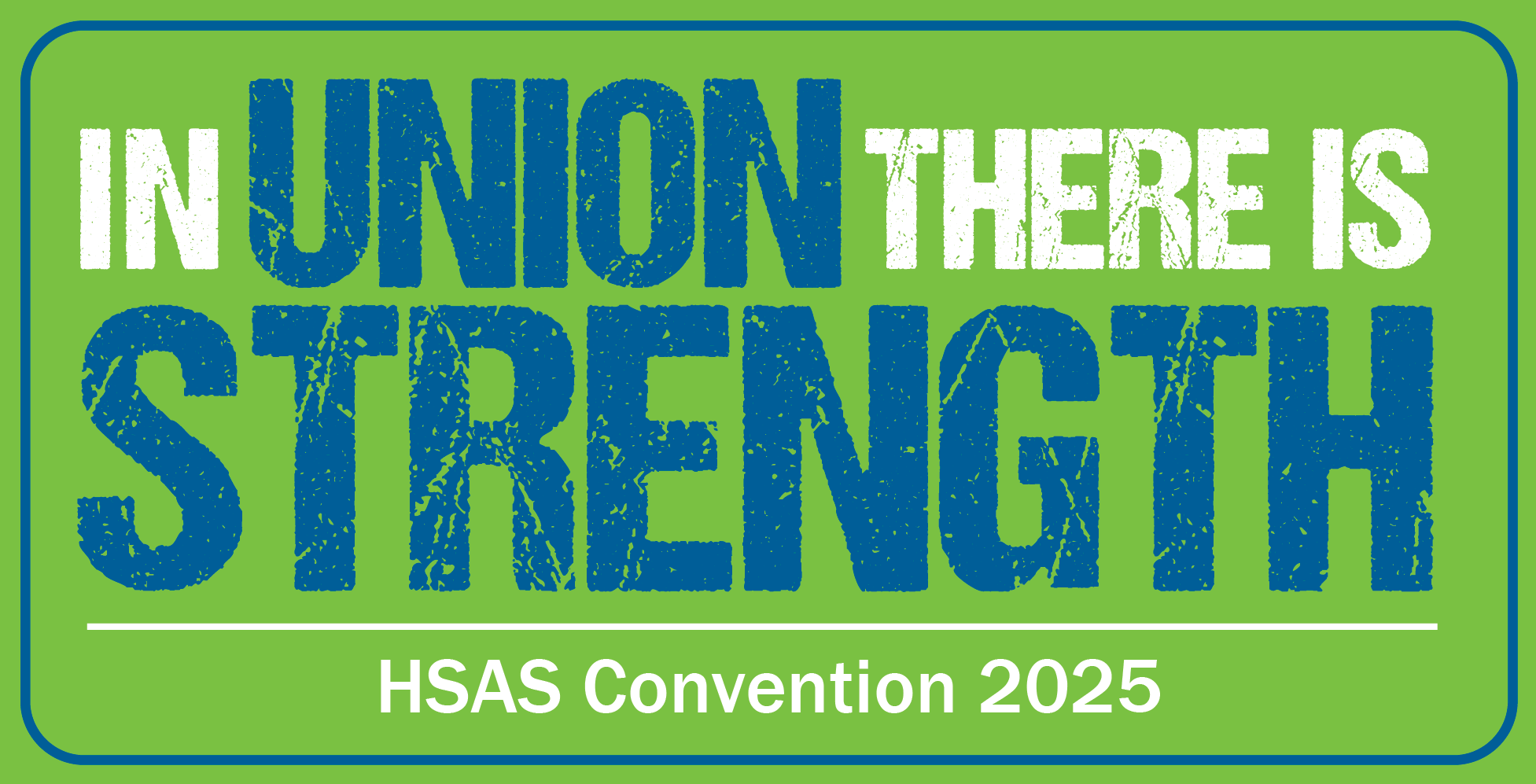
2025 HSAS Annual Convention
The 2025 HSAS Annual Convention will take place on October 23rd & 24th, 2025 in Regina at the Hotel Saskatchewan.
This year’s theme is “In Union There Is Strength.” Over the two days of Convention, guests and delegates will take part in the Union’s Annual General Meeting as well as hear from a variety of speakers including key note speaker, Tina Varughese.

Paramedics – Target of Increasing Violence
Yesterday, on June 26th, a social media post reported an incident involving Regina paramedics. While responding to a call that originated from Regina Transit, Regina EMS paramedics were assaulted.
This is not an isolated incident. Our members have experienced and are experiencing increasing violence while attempting to provide assistance to those who need their care.
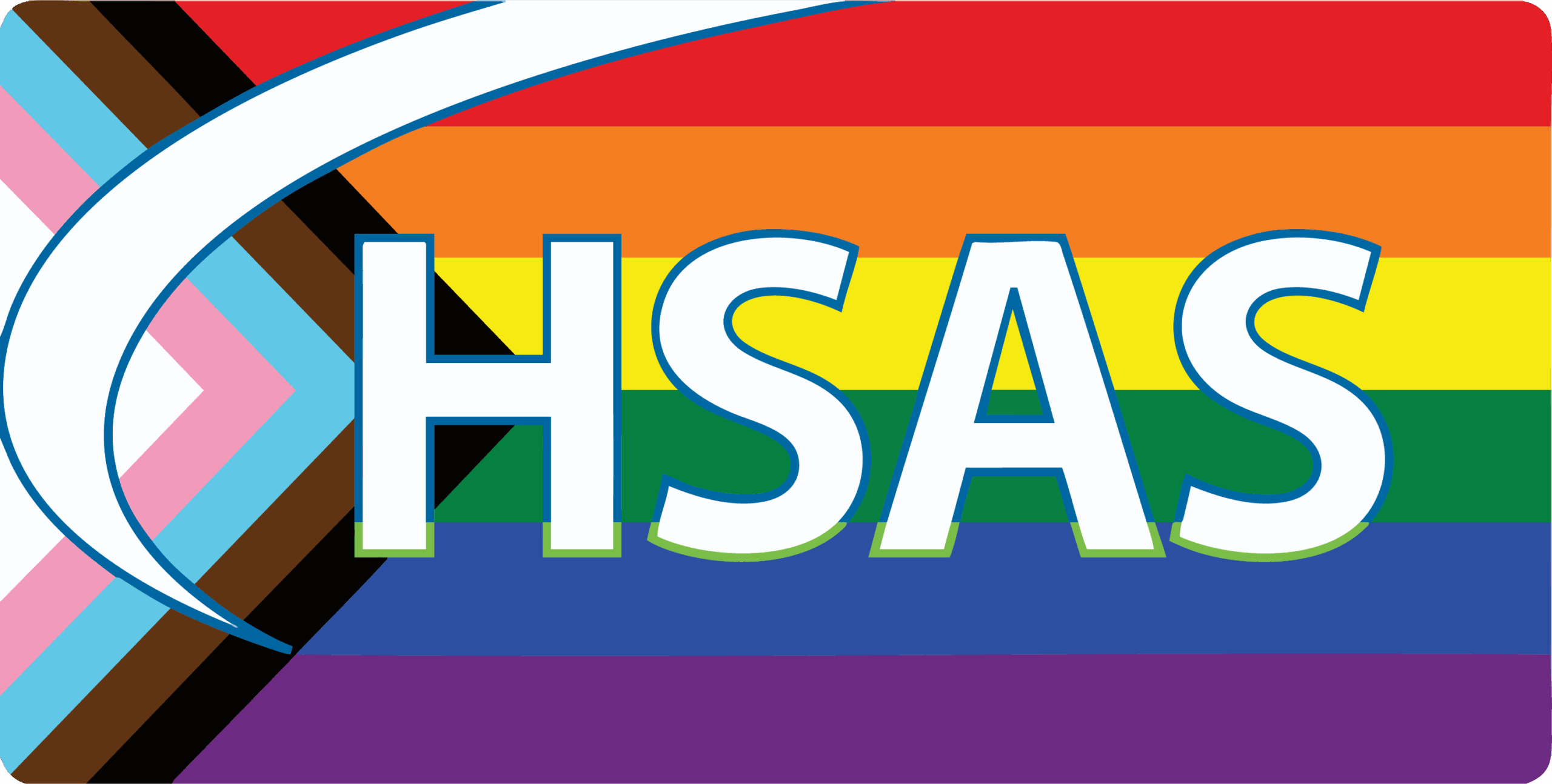
June is Pride Month
HSAS stands as an ally in solidarity with the 2SLGBTQIA+ community. This year, HSAS will be walking in the Pride Parade in Regina on June 14 and in Saskatoon on June 22. Come join us!
Some Saskatchewan communities celebrate Pride in months other than June.
Be sure to explore what’s happening when – in your own community. Join in the celebration!
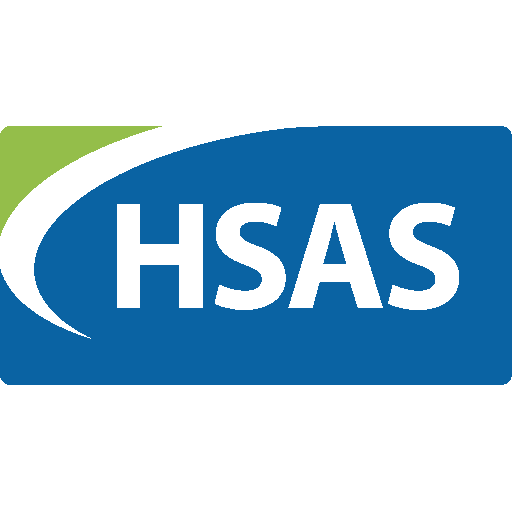
HSAS Opposes SHA Decision to Contract Out Mobile Detox Services in Northern Saskatchewan
Health Sciences Association of Saskatchewan (HSAS) opposes the decision made by the Saskatchewan Health Authority (SHA) to hire Medavie West, a private company, to provide Mobile Detox Services in communities such as Île-à-la-Crosse, Beauval, Buffalo Narrows, and La Loche.

2024 HSAS Annual Convention Recap
The 2024 HSAS Annual Convention and AGM was held on October 24 & 25, 2024 at the Sheraton Cavalier Hotel in Saskatoon. This year we had delegates from every Union Region in attendance.
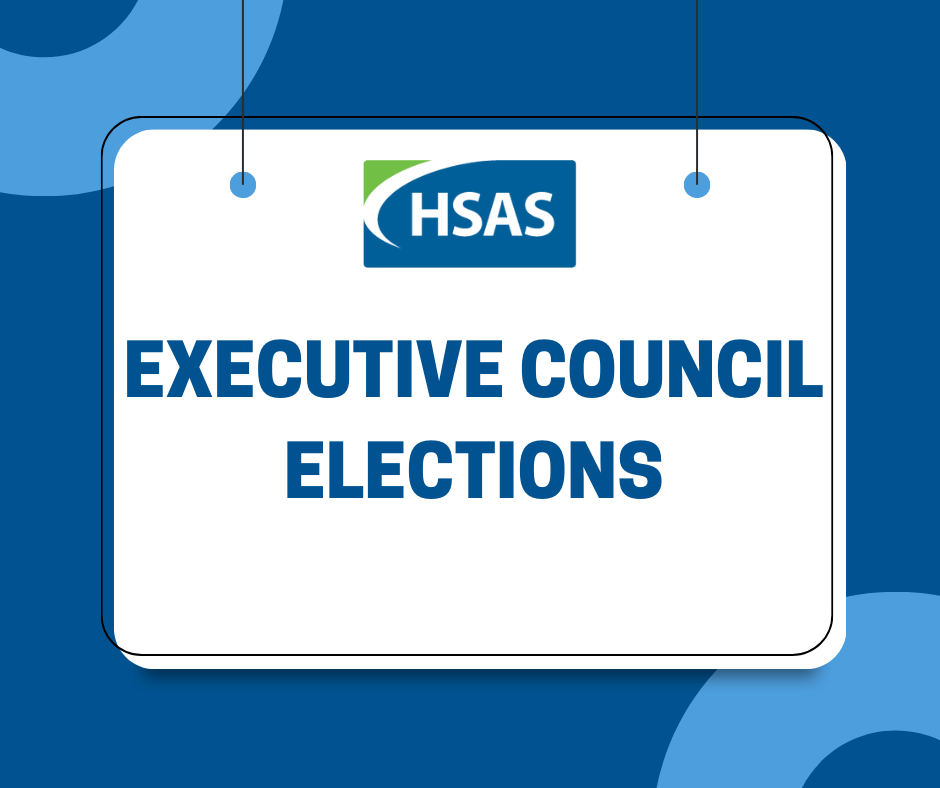
Executive Council Election Voting Closes on October 10!
Interested in running for Executive Council? Nominations are now open for expiring council seats!
No previous experience required!
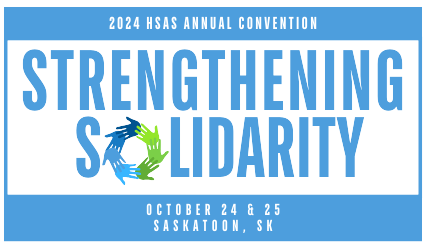
2024 Annual Convention
This year’s theme is Strengthening Solidarity and will take place in Saskatoon on October 24 & 25!

2024 Annual Convention Delegate Nominations Now Open!
This year’s theme is Strengthening Solidarity and will take place in Saskatoon on October 24 & 25!